As a Puerto-Rican American nurse researcher and nurse practitioner who studies stress, resilience and aging, I can’t think of a better photo to encapsulate my thoughts on these subjects than this one.
This is my family many years ago at Thanksgiving, desperately trying to take a time-lapse photo pre-smart phones and failing miserably. We were all laughing hysterically when the little camera finally decided to snap. My grandmother, Nilda deCardi (bottom right), was a kind and generous woman who literally always had a pot of arroz con pollo y habichuelas (chicken with rice and beans) on the stove when I came to visit. Oh the smells and the tastes! Tostones (fried plantains), her wonderful chicken escabeche, her rice pudding! Just thinking of my uncle Moncho’s amazing yucca in his signature adobo releases dopamine in my brain!
But there is a theme here, like I see with many of my patients, a theme of delicious carbohydrates. Part diet & part genetic, my grandmother had diabetes. My great-grandmother had diabetes and lost both her lower extremities. In fact, all the woman on that side of my family have diabetes. Oh and don’t forget heart disease.
I keep all of this in mind as I see each of my own patients at Columbia Road Health Services, a safe haven for Spanish-speaking immigrant patients in need of mental and physical health care in Columbia Heights, Washington, DC. Although diabetes and heart disease are incredibly important, health and wellness are about more than just the do’s and don’ts of disease management. They are about understanding context in a culturally humble way. It’s about walking alongside someone and their family in the pursuit of better habit formation, whatever that looks like. I hug and kiss my patients when I enter the exam room; maybe that’s my Hispanic heritage coming out or maybe it’s just a kind way to greet another human. I know many of their family members; there is a relationship.
Back to the diabetes. It’s not just about food and exercise choices. It’s about every choice, and I respect their choices even if their choice is not optimal for their health. This openness allows me to enter the home of my patient (so to speak) and observe, like a consultant or a friend. I can gather information and then come up with recommendations. But in the end I recognize that I am a traveler just like them on this road of health and wellness. We travel together. Viajamos juntos. This is a very powerful mindset to hold, especially in a position of power like a health care provider.
Working with an immigrant population here in DC, and in light of our current political climate regarding immigration policy, the provider-patient relationship becomes more than a set of evidence-based guidelines, more than a transaction, it becomes a mutually beneficial journey. Really, we are all journeying together even with our class, language, religious, gender, race and ethnic differences.
It would be helpful, however, to patients and the nursing profession as a whole if nursing reflected the diversity of that journey within its ranks. More than 17% of the US population identifies ethnically as Hispanic/Latino yet, only 2.9% of registered nurses identify as Hispanic/ Latino. This is the largest disparity in the nursing field in the US. In fact, I cannot recall ever having a Hispanic faculty member teach me in my own education. The profession will benefit greatly from a larger proportion of nurses who identify as Hispanic/Latino.
The addition of more Hispanic/Latino nursing faculty and nurses in general will help us to deliver more culturally humble nursing care and help shape further conversations about diversity in nursing. Given our current political and environmental states, the addition of further diversity will only increase the depth and breadth of our conversations on health and wellness, not only from an individual perspective, but also from societal, global, and environmental perspectives. We can continue to care for our patients as fellow humans, practicing according to the best evidence and journeying towards holistic health and wellness. We can continue to dialogue and act on larger concerns that impact wellness. And we can continue to enjoy abuela’s arroz con pollo.
Doctor of Philosophy in Nursing (PhD)
Post-Doctoral Opportunities at the Johns Hopkins School of Nursing
Cultural Sensitivity: Working More Effectively with Latino Patients
ABOUT THE AUTHOR:
Melissa Hladek PhD, CRNP, FNP-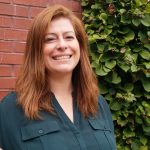 BC earned her PhD from the Johns Hopkins School of Nursing in 2018. She is a post-doctoral researcher examining the psychosocial intersection of stress, resilience, and aging.
BC earned her PhD from the Johns Hopkins School of Nursing in 2018. She is a post-doctoral researcher examining the psychosocial intersection of stress, resilience, and aging.
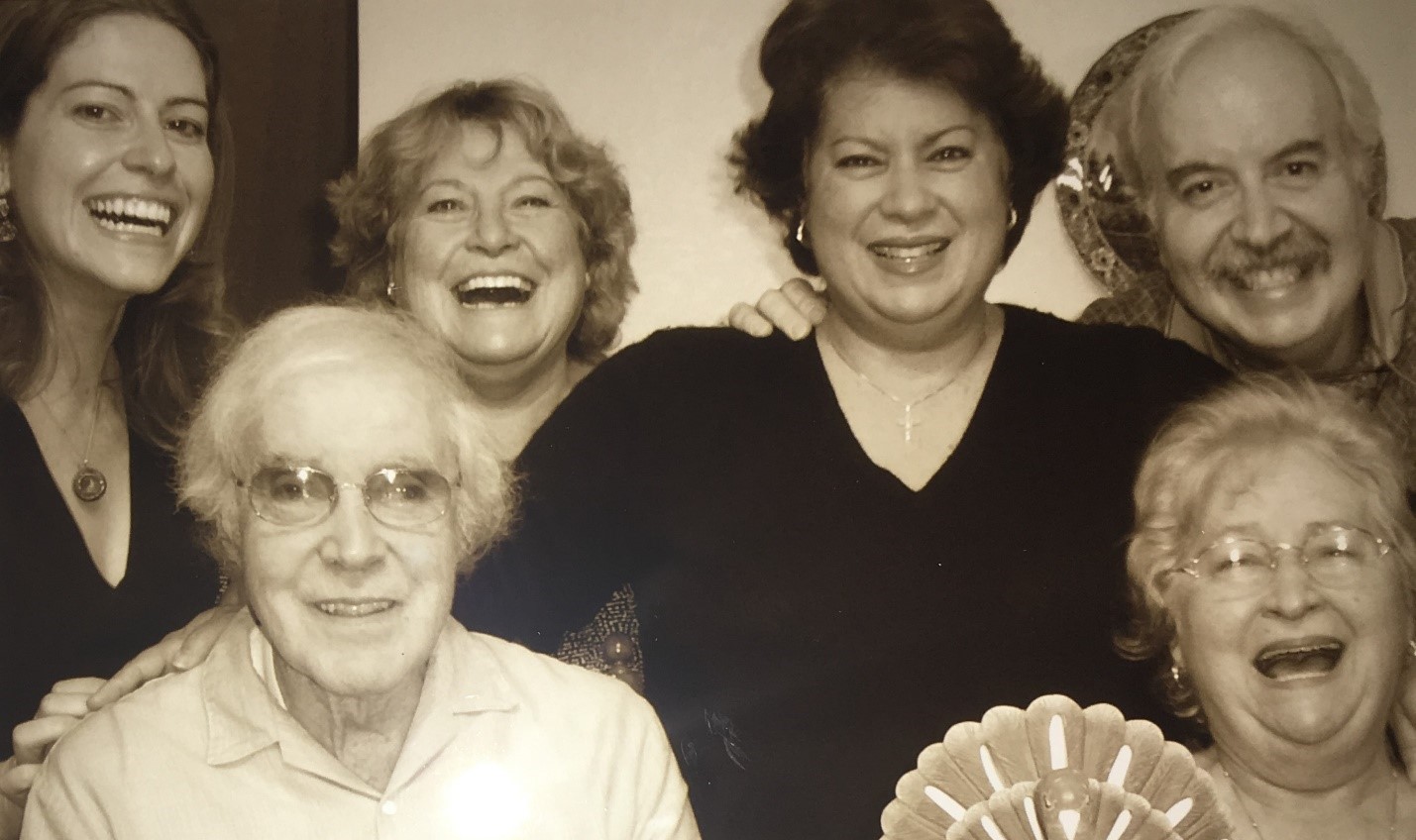
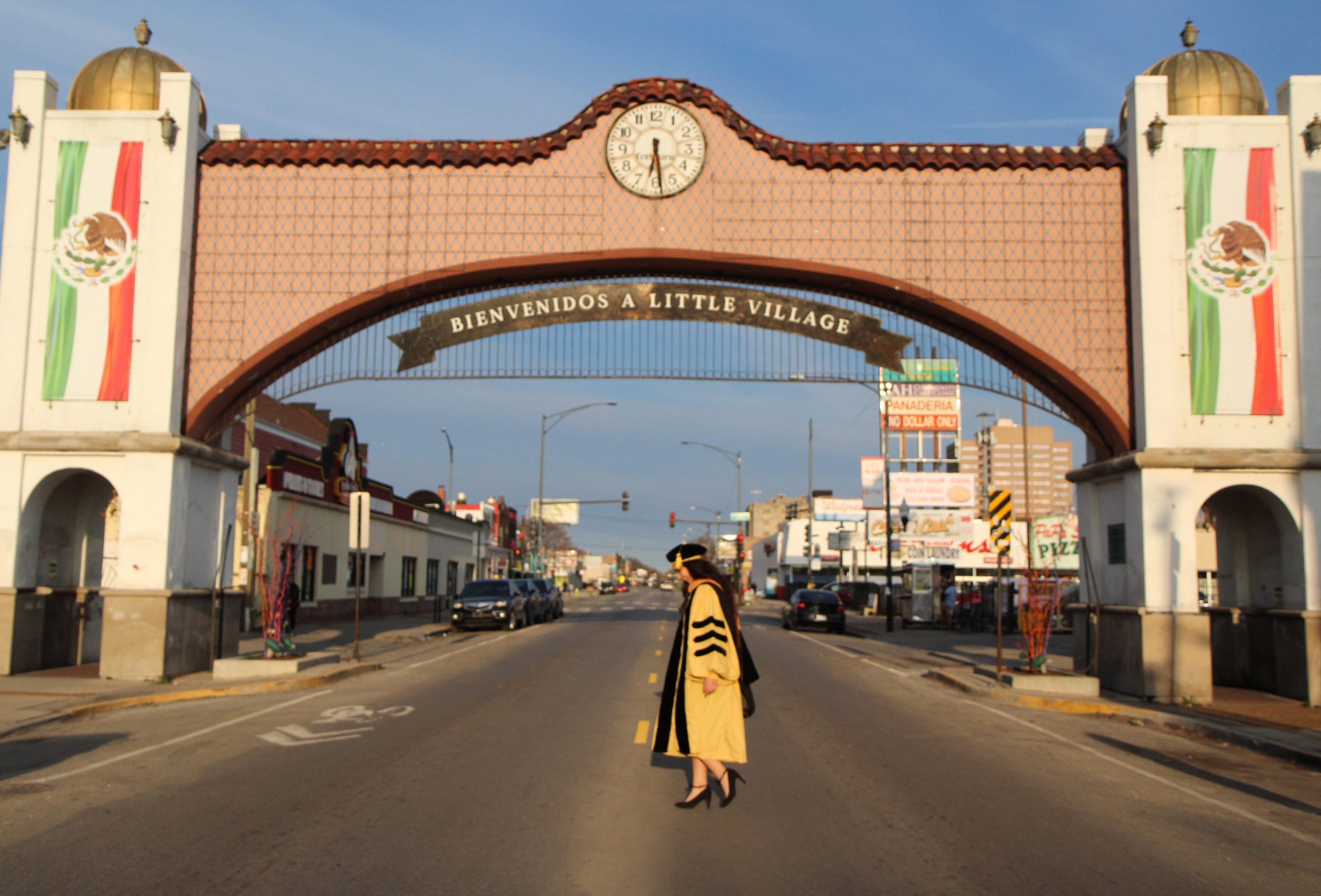 A First Generation Latina’s Road to Becoming a DNP Pediatric Nurse Practitioner
A First Generation Latina’s Road to Becoming a DNP Pediatric Nurse Practitioner Representing Our Cultura at the Table
Representing Our Cultura at the Table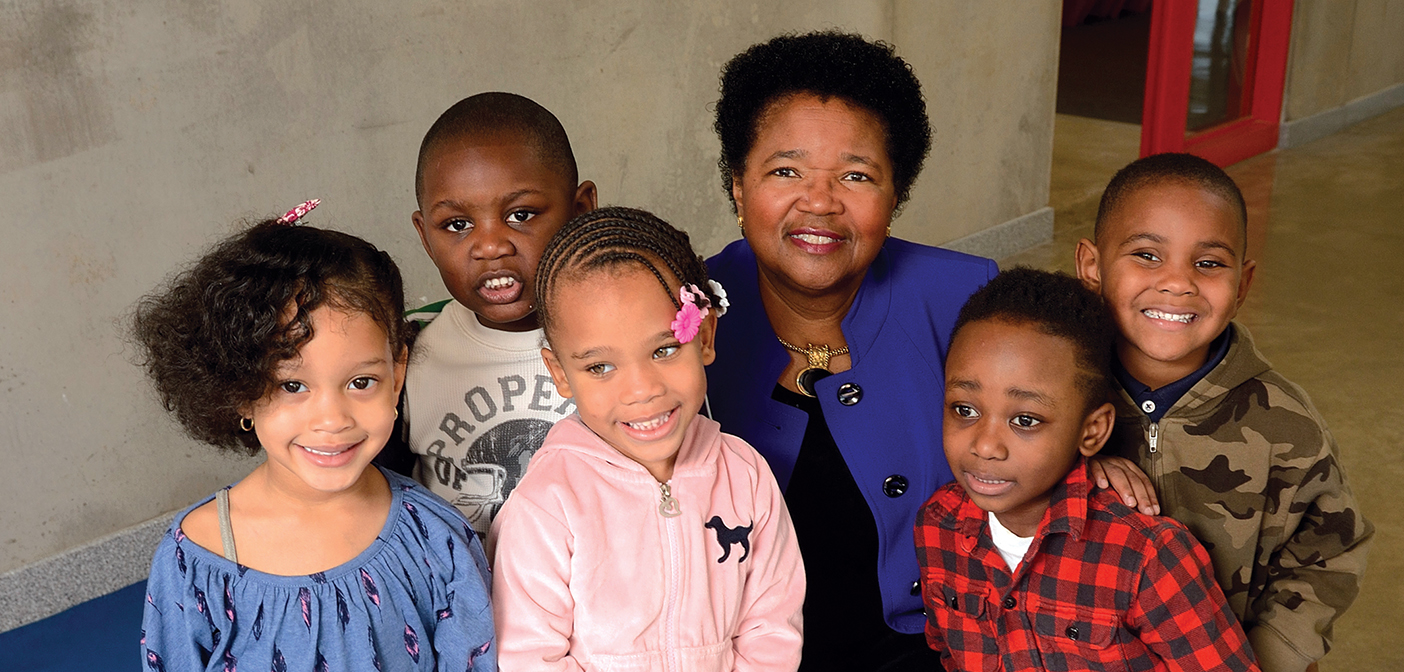 Phyllis Sharps Installed as Lawler Chair
Phyllis Sharps Installed as Lawler Chair The end is near-but not in the apocalyptical sense
The end is near-but not in the apocalyptical sense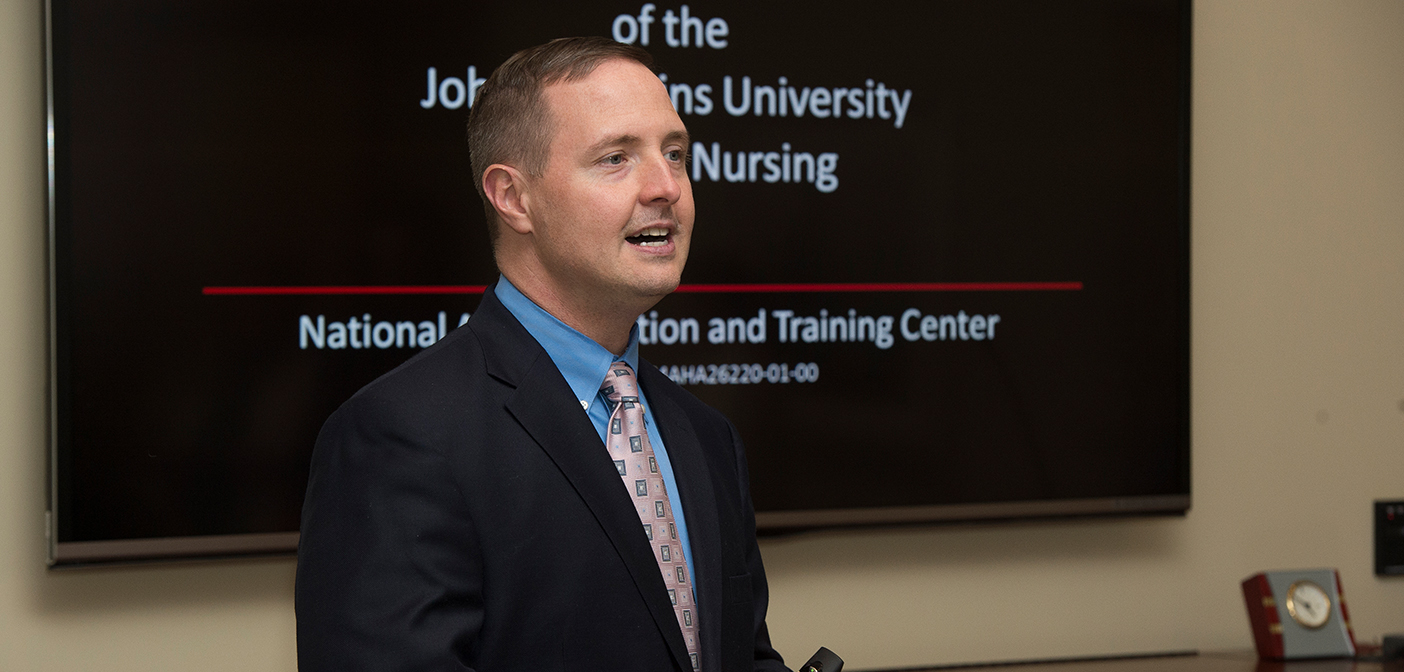 School of Nursing Increases Support for AIDS Research
School of Nursing Increases Support for AIDS Research







